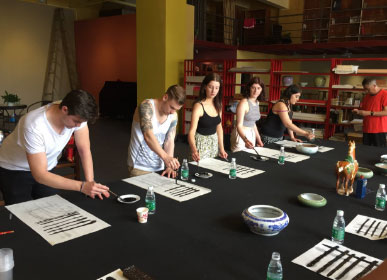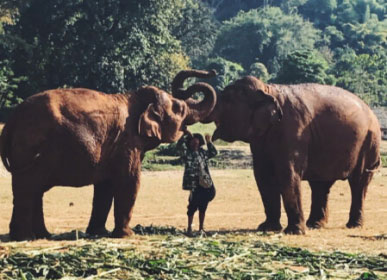With more than 50 years of experience, IE3 Global provides high-quality study abroad, internship, and exchange programs to the students of our partner campuses throughout the Pacific Northwest and beyond.
IE3 Global facilitates the exchange of students between partner institutions abroad and in the US. Programs offer cultural immersion paired with academic programs in a wide array of disciplines. Students enroll in a local university and take courses related to their academic focus and pursue personal
Read MoreInternational Internships provide dynamic experiential learning opportunities for undergraduate and graduate students, combining professional experience, academic credit and cross-cultural connections. Interns gain valuable full-time work experience, allowing them to build concrete skills, strengthen their resume and clarify career goals.
Read More
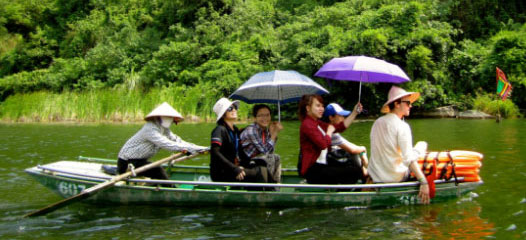

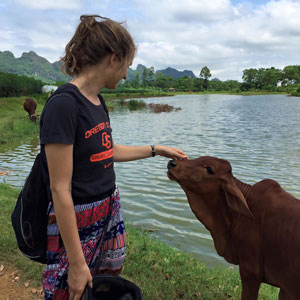
“The best part about my internship was working with and learning from people in country, doing the work. Despite the language barriers we faced, I found I still had the ability to form connections with people and learn new skills. But when it came down to it, the best part of my experience was the people. I still keep in touch with the people I met in Guatemala.”
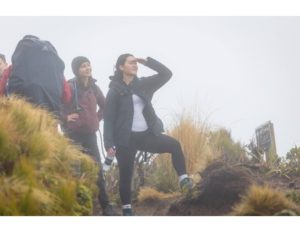
During my internship abroad in New Zealand I had the opportunity to partake in a…
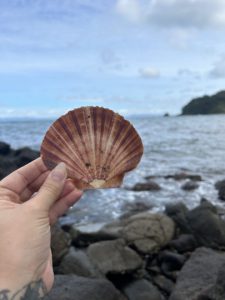
A career in animal sciences requires hard work, determination, a willingness to learn, and most…
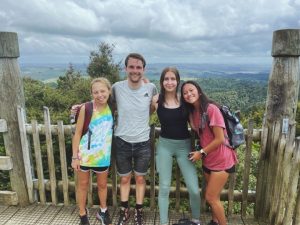
In the movies, everyone seems to romanticize the idea of leaving. There’s a certain sense…
Well-established programs are offered year-round in Latin America, Europe, Africa, Asia, and Australia and Oceania.
We are consistently praised by host sites and program alumni for the quality of preparation, training and support of student participants.
Opportunities are available in STEM, public health, medicine, education, communication, business, agricultural, sciences, social work, liberal arts and many other academic areas.
In most cases, financial aid can be applied to international internship programs and multiple scholarships are available.
